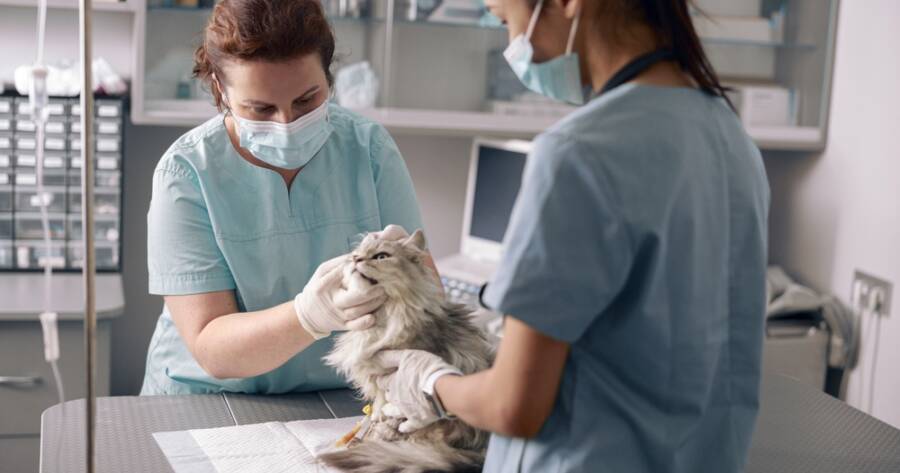For those who love animals and enjoy working in a fast-paced, hands-on environment, becoming a veterinary assistant can be a fulfilling and rewarding career choice. Veterinary assistants play a crucial support role in animal clinics, hospitals, and shelters, working closely with veterinarians and veterinary technicians to care for pets and other animals. While the role doesn’t require years of formal education, it does demand compassion, responsibility, and the willingness to learn. Understand how to become a veterinary assistant.
Understand the Role
Veterinary assistants are often the first point of contact for pet owners and their animals in a veterinary setting. Their responsibilities include feeding, bathing, and exercising animals; cleaning kennels and exam rooms; restraining animals during exams or procedures; assisting with lab tests; and maintaining equipment and supplies.
While they don’t diagnose illnesses or perform surgeries, veterinary assistants are vital to the smooth operation of a clinic. Their role ensures that animals are comfortable and that veterinary teams can work efficiently and safely.
Gain a High School Diploma or Equivalent
The first step in becoming a veterinary assistant is obtaining a high school diploma or GED. Basic high school courses in biology, chemistry, or animal science can provide a helpful foundation. Good communication and organizational skills, often emphasized in school settings, also come in handy in a veterinary environment.
Consider Enrolling in a Training Program
Though not always required, completing a veterinary assistant training program can improve your job prospects and confidence. Many community colleges, vocational schools, and online platforms offer certificate programs that cover topics like animal anatomy, medical terminology, veterinary office procedures, and basic animal nursing skills.
Some programs are accredited by the National Association of Veterinary Technicians in America (NAVTA), which offers an Approved Veterinary Assistant (AVA) designation upon completion. This credential can give you a competitive edge when applying for jobs.
Gain Hands-On Experience
Hands-on experience is essential in this field. You can gain valuable experience by volunteering or working at animal shelters, pet boarding facilities, or veterinary clinics. These opportunities allow you to observe professionals in action, develop basic animal care skills, and decide if the career is right for you.
Some training programs also include internships or externships as part of the curriculum, giving students direct access to supervised, real-world experience.
Develop Soft Skills
Veterinary assistants interact with both animals and people. Therefore, strong soft skills are just as important as technical abilities. You’ll need to be:
- Compassionate and empathetic, especially when dealing with sick animals or anxious pet owners.
- Detail-oriented, to follow treatment instructions and keep accurate records.
- Physically capable, as the job often involves lifting animals and being on your feet for long hours.
- A team player, since collaboration with veterinarians, technicians, and other staff is constant.
Effective communication skills are essential, as you’ll often need to explain procedures to pet owners and relay important information between team members.
Apply for Jobs
Once you’ve gained some training or experience, you can begin applying for veterinary assistant positions at animal hospitals, veterinary clinics, research labs, and animal shelters. Be sure your resume highlights relevant education, hands-on experience, certifications, and soft skills. A well-written cover letter that conveys your passion for animal care can help you stand out.
Advance Your Career
Veterinary assistants have several paths for advancement. With further education, you could become a veterinary technician, which involves more clinical responsibilities and requires passing a certification exam. Some assistants also transition into practice management or specialize in areas like dental care or surgery assistance.
Continuing education and on-the-job learning help you grow professionally and stay up-to-date with best practices in animal care.
Turning Compassion for Animals Into a Career
Becoming a veterinary assistant is a meaningful way to turn your love for animals into a career. While the path is accessible, it requires dedication, compassion, and a willingness to learn. By gaining the right education, hands-on experience, and professional attitude, you can become a vital part of a veterinary team and make a real difference in the lives of animals and their owners.

